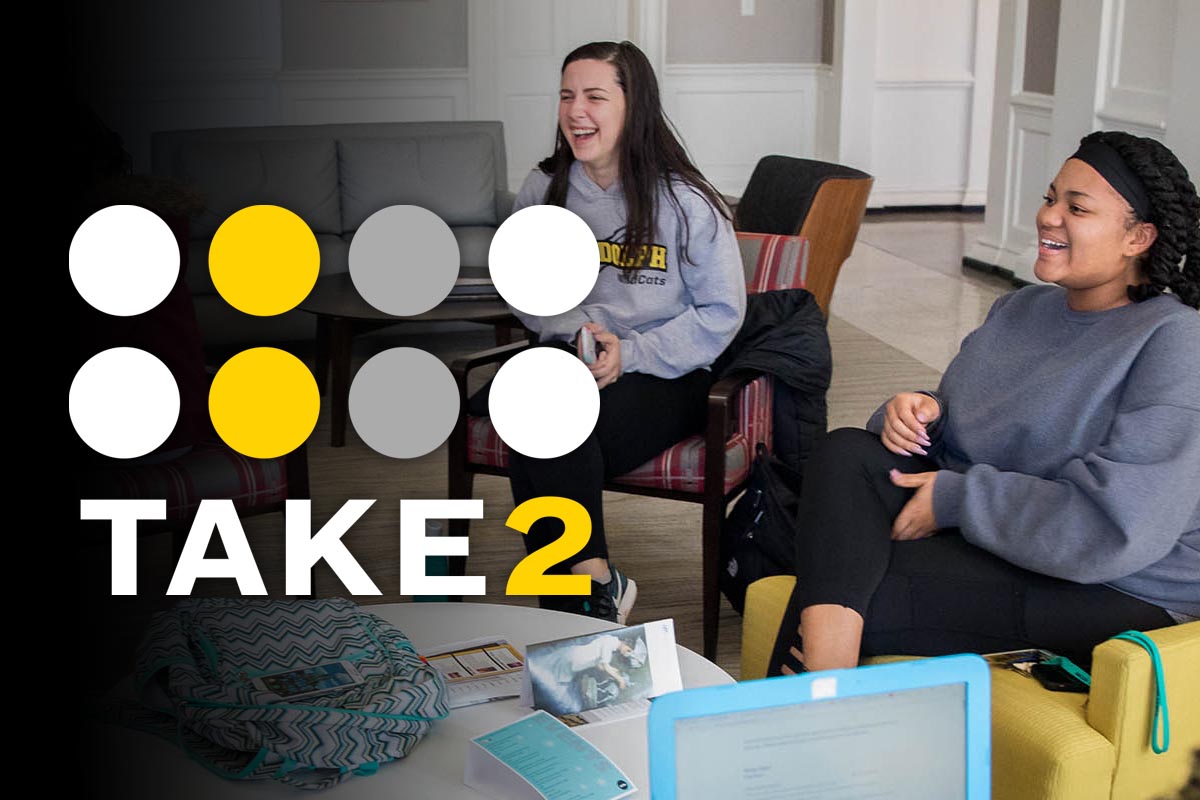Scholar on Chinese politics to discuss ‘Human Rights in China’
 Perry Link, a world-renowned scholar on modern Chinese literature, politics and intellectual life, will give a special lecture entitled “Human Rights in China” at Randolph on Wednesday, February 12, at 6 p.m. in Wimberly Recital Hall. The event is free and open to the public.
Perry Link, a world-renowned scholar on modern Chinese literature, politics and intellectual life, will give a special lecture entitled “Human Rights in China” at Randolph on Wednesday, February 12, at 6 p.m. in Wimberly Recital Hall. The event is free and open to the public.
Link, retired from Princeton University, continues to teach at the University of California, Riverside, as the Chancellorial Chair for Teaching Across Disciplines. He graduated from Harvard College in 1966 with a major in European philosophy and later studied Chinese history, also at Harvard, earning an M.A. in 1969 and a Ph.D. in 1976. Most of his career was at Princeton, where he taught Chinese language and modern Chinese literature. Link has published widely. His has authored books such as Anatomy of Chinese: Rhythm, Metaphor, Politics; The Uses of Literature: Life in the Socialist Chinese Literary System; and his Evening Chats in Beijing: Probing China’s Predicament (named a “Notable Book of the Year” by the New York Times). The fate of modern China as seen through literature drew him into human rights work, where he also has written extensively. His most recent single-author book is Anatomy of Chinese: Rhythm, Metaphor, Politics, and his current project is a co-authored biography of Liu Xiaobo, winner of the 2010 Nobel Peace Prize.
Link has also authored several articles, which are listed below:
- “Beijing’s Bold New Censorship” – https://www.nybooks.com/daily/2017/09/05/beijings-bold-new-censorship/
- “What It Means to Be Chinese” – https://www.foreignaffairs.com/articles/china/2015-04-20/what-it-means-be-chinese
- “The Mind: Less Puzzling in Chinese?” – https://www.nybooks.com/daily/2016/06/30/the-mind-less-puzzling-in-chinese/
- “The Passion of Liu Xiaobo” – https://www.nybooks.com/daily/2017/07/13/the-passion-of-liu-xiaobo/
Read more about Link at https://dof.princeton.edu/about/clerk-faculty/emeritus/eugene-perry-link-jr.
Topic for Link’s talk at Randolph:
In the late 1950s, China, under Mao Zedong, saw a cruel, man-made famine that cost 30 million or more lives. In the late 1960s a “Great Proletarian Cultural Revolution” encouraged young people to denounce their parents, beat their teachers, and tear up their books—which amounted to lethal blows against one of the world’s most ancient and sophisticated civilizations. After Mao died, the Chinese people were able to improve their material living conditions dramatically, but the spiritual malaise planted during the Mao years and maintained under Mao’s successors persists. It is visible in a pervasive lack of trust among citizens in their public interactions and in their turn toward religion in search of shared moral values of the kind they had before the shocks of Maoism fell upon them. Mao’s heirs in the ruling elite have continued with repression—sometimes cruel, as in the mass detention of Uighurs in “education” camps today. Is a more humane China possible? Yes! The underlying strengths of human nature and of Chinese civilization are latent.
Tags: asian studies, Chinese studies, comparative philosophy, events, global studies, history, political science, speakers
